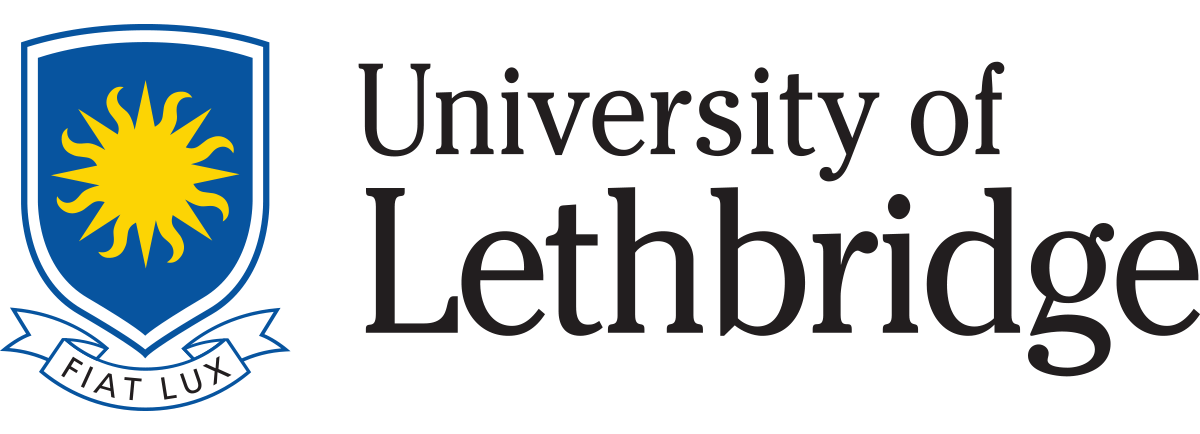CHEM 2000 is the second half of a full year course in general chemistry taught at the University of Lethbridge. The second half of the course, CHEM 2000, should ideally be taken within one year of completing CHEM 1000. The goals of these courses are to introduce you to university-level chemistry and to give you an appreciation for the diversity of the field.
The topics in CHEM 2000 can be divided into three main groups:
- Bonding theory. Students learn how atoms bond to make molecules. There is a very strong emphasis on molecular orbital theory. This is then expanded to introduce band theory. Valence bond terminology is introduced.
- Thermochemistry and electrochemistry. Students learn how thermodynamics dictates the extend to which reactions are favoured. Key concepts include enthalpy, entropy, Gibbs free energy, cell potentials, reaction quotients and equilibrium constants. Activities are introduced to teach students how to handle reactions that occur under nonstandard conditions, and the relationship between temperature and equilibrium constants is addressed. Applications include fuel cells and batteries.
- Organic chemistry. Students are introduced to functional groups, stereochemistry, nucleophiles/electrophiles, organic reaction mechanisms. Acid-base chemistry is taught in the context of organic chemistry.
The pre-requisite to this course is CHEM 1000. It is important to recognize that CHEM 2000 is more math-intensive than CHEM 1000. As such, students who did not excel at Math 30 are advised to seriously consider taking at least one university-level math course (and/or high school calculus) to improve their comfort level with math before taking CHEM 2000.
At the University of Lethbridge, it is required that students successfully complete the full year of general chemistry before they are allowed to take organic chemistry (CHEM 2500). Almost all of the topics discussed in CHEM 2000 will reappear in the second year organic chemistry courses. Keep this in mind if you plan to take organic chemistry...
Information provided on this website includes:


